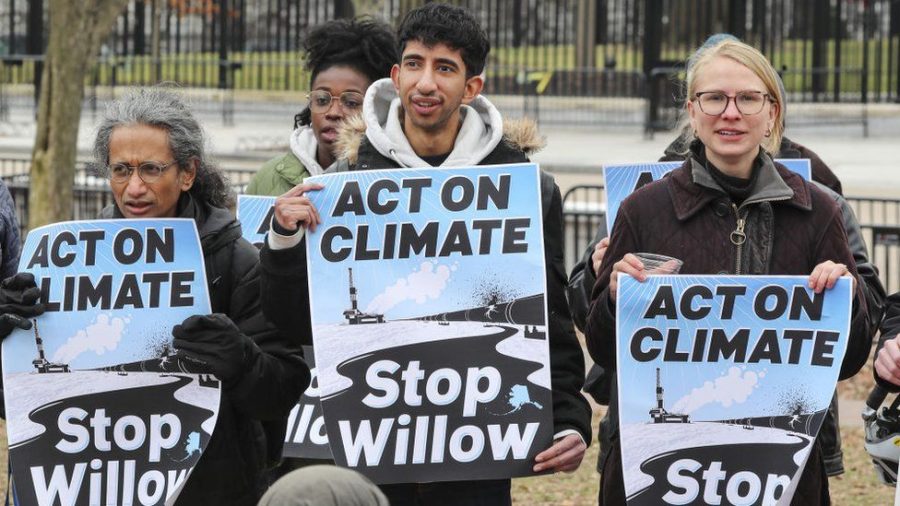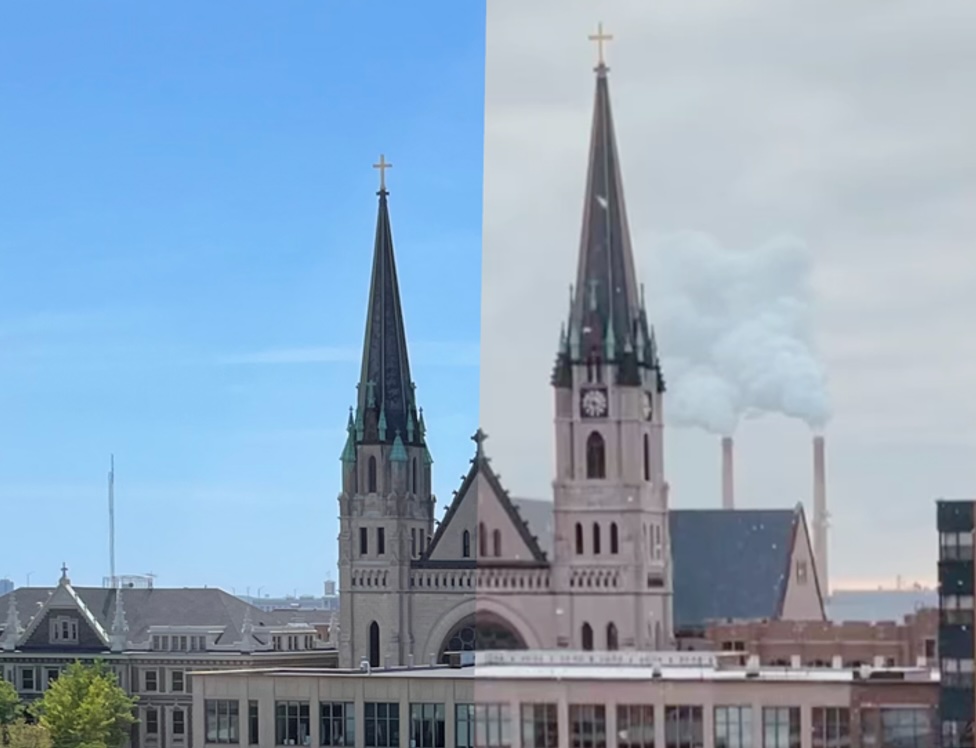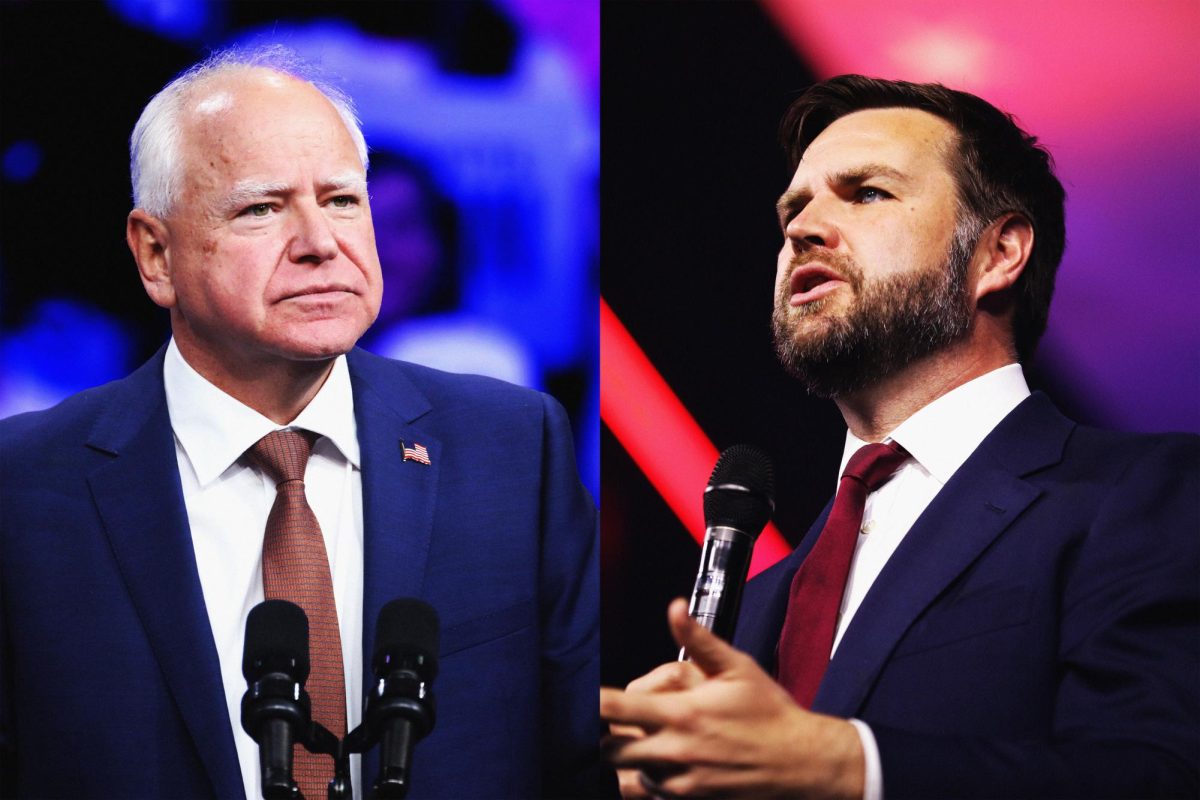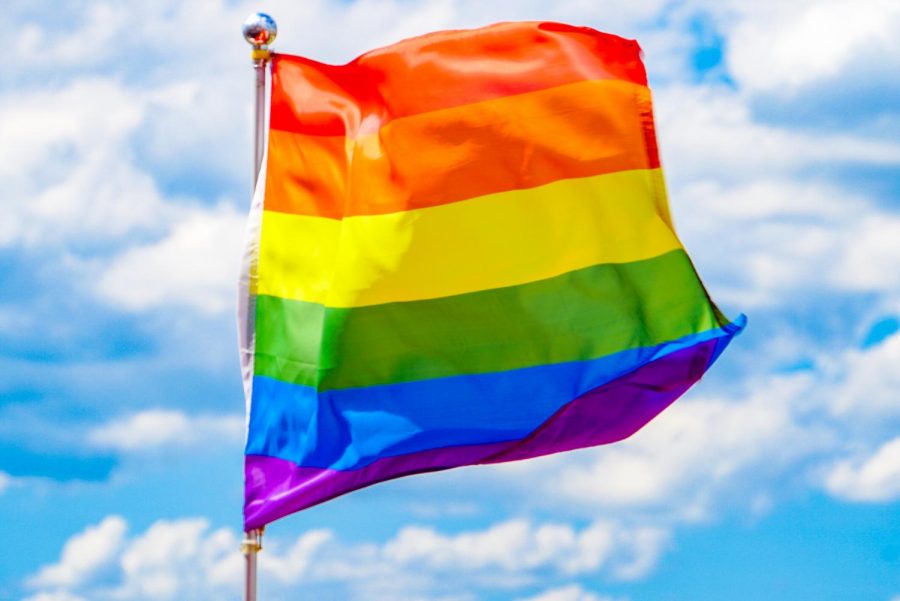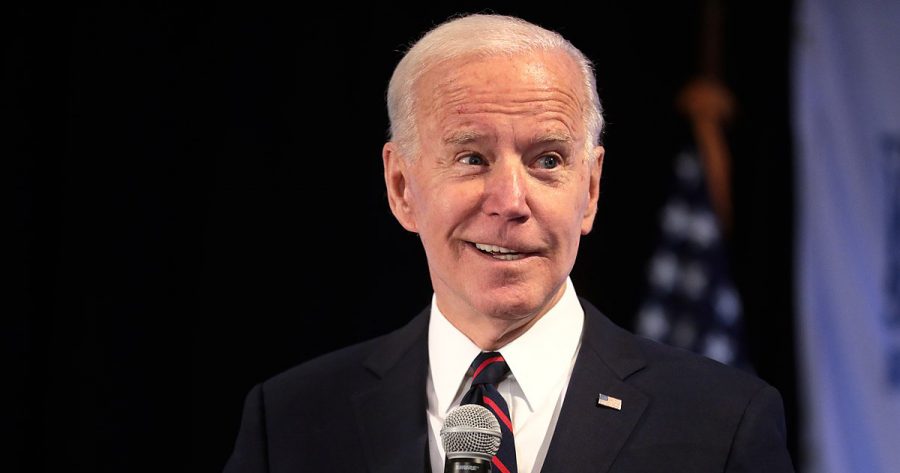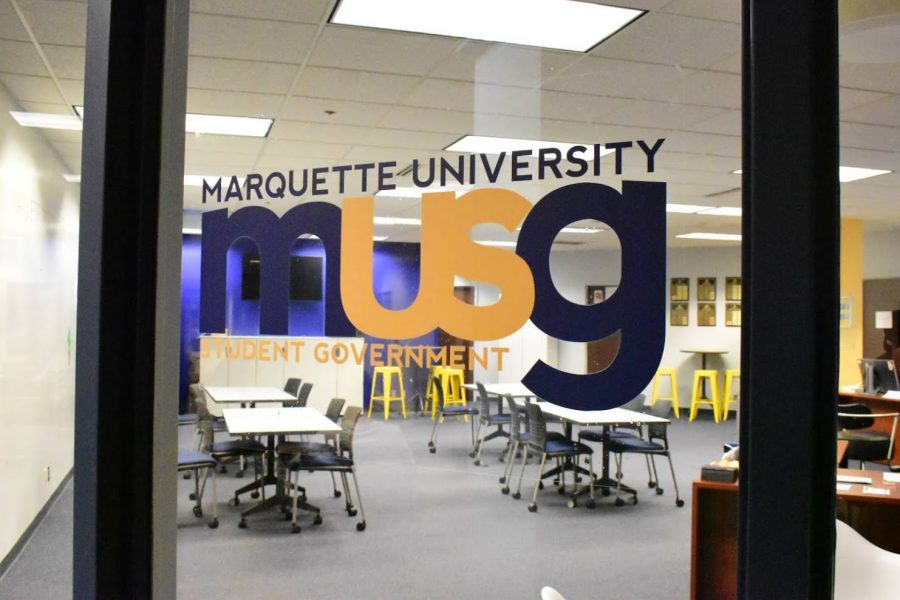While scrolling through my phone in the past couple of weeks. I remember encountering an effort to stop something I wasn’t even aware I could have an effect on, The Willow Project.
The Willow Project is a drilling operation led by ConocoPhillips, Alaska’s biggest drilling company, that aims to drill for oil on public land in Alaska and will produce around 277 million tons of carbon dioxide. In a time period where scientists and environmental experts are pleading for global carbon emissions to dissuade, many feel that a project like this could cause irreversible damage in the fight against climate change.
Calls to action were rampant on social media, from infographics to pleas to sign petitions and take other steps to ensure that the program would not come to fruition.
More than one million letters were sent to the Biden administration, and multiple millions of additional signatures were recollected through Change.org in an effort to stop the project from being reapproved. As such, it came as a surprise to many when President Biden approved the project two weeks ago.
Although political analysts warned that the president would probably approve the already established measure, citing different reasons such as economic gain and increasing political leverage through other environmental protection measures, there is one possible effect of the measure that could drastically affect the future of the country: Political cynicism.
Political cynicism is a disregard or indifference towards politics and political action, a feeling that can easily be exacerbated by politicians actively ignoring a large portion of the population.
The phenomenon is not isolated to this issue or effort, however, the approval of the Willow Project could mark the start of disinterest and indifference in taking political action in one of the most political generations the United States has seen in a while.
In the last general election four years ago and the most recent election just last year, Gen Z voters were extremely involved. 66% of college students voted in the 2020 presidential election, being the most involved demographic across the board.
However, these numbers may begin to decline as people do not see a correlation between their knowledge and effort and their political outcomes.
While older generations get their news from newspapers and other news outlets, most young people are more inclined to stay up to date through their social media feeds. As such, it can be very easy for young citizens to feel heard and seen in the general political sphere. Social media becomes a bubble from which young people operate from, seemingly completely detached from all other politically involved people.
As such, if young people continue to see the measures and actions they take do not yield any effects, it would be logical for many to simply stop trying.
In fact, after former President Obama’s election in 2008, a wave of political cynicism significantly affected millennials. Many did not feel they could make any substantial changes to the political landscape as hyper-partisanship seemed to destroy what political integrity these voters thought the American government had.
Although, there is still time to ensure Gen Z and later generations do not inherit the apparently inescapable political cynicism that seems to engulf the American political spectrum. It seems unlikely unless serious considerations are made by political actors when legislating and advocating for the people they are supposed to serve.
This story was written by Clara Lebrón. She can be reached at clara.lebron@marquette.edu.

